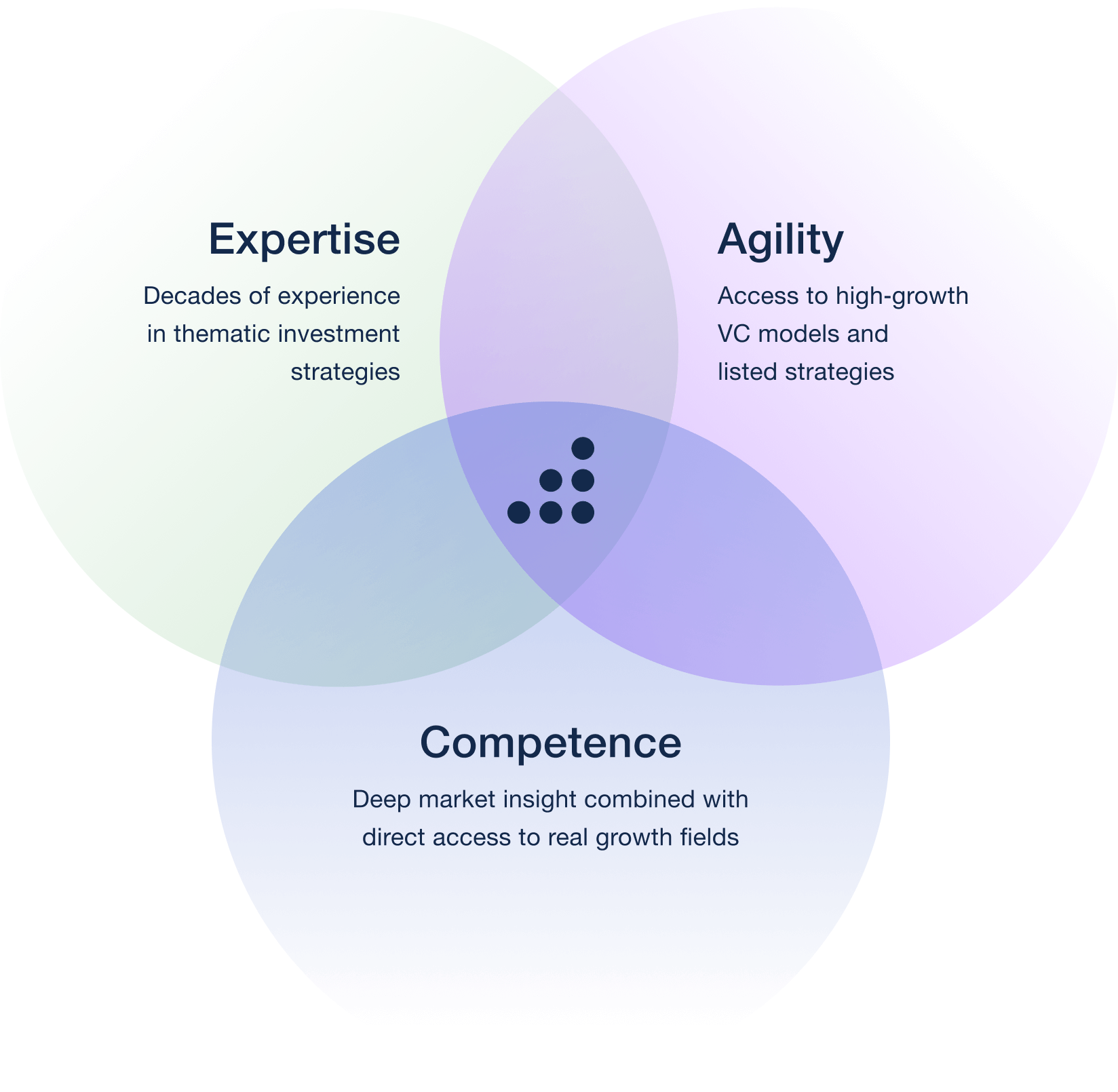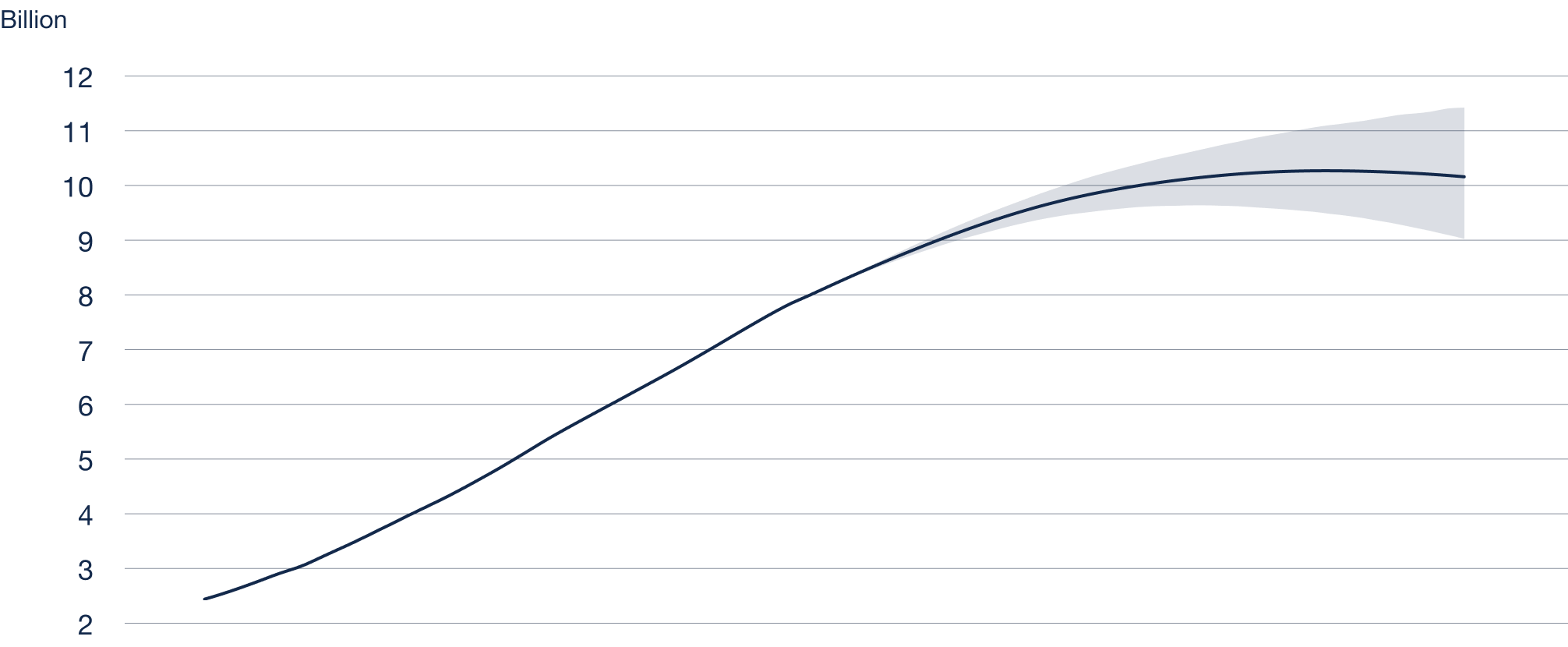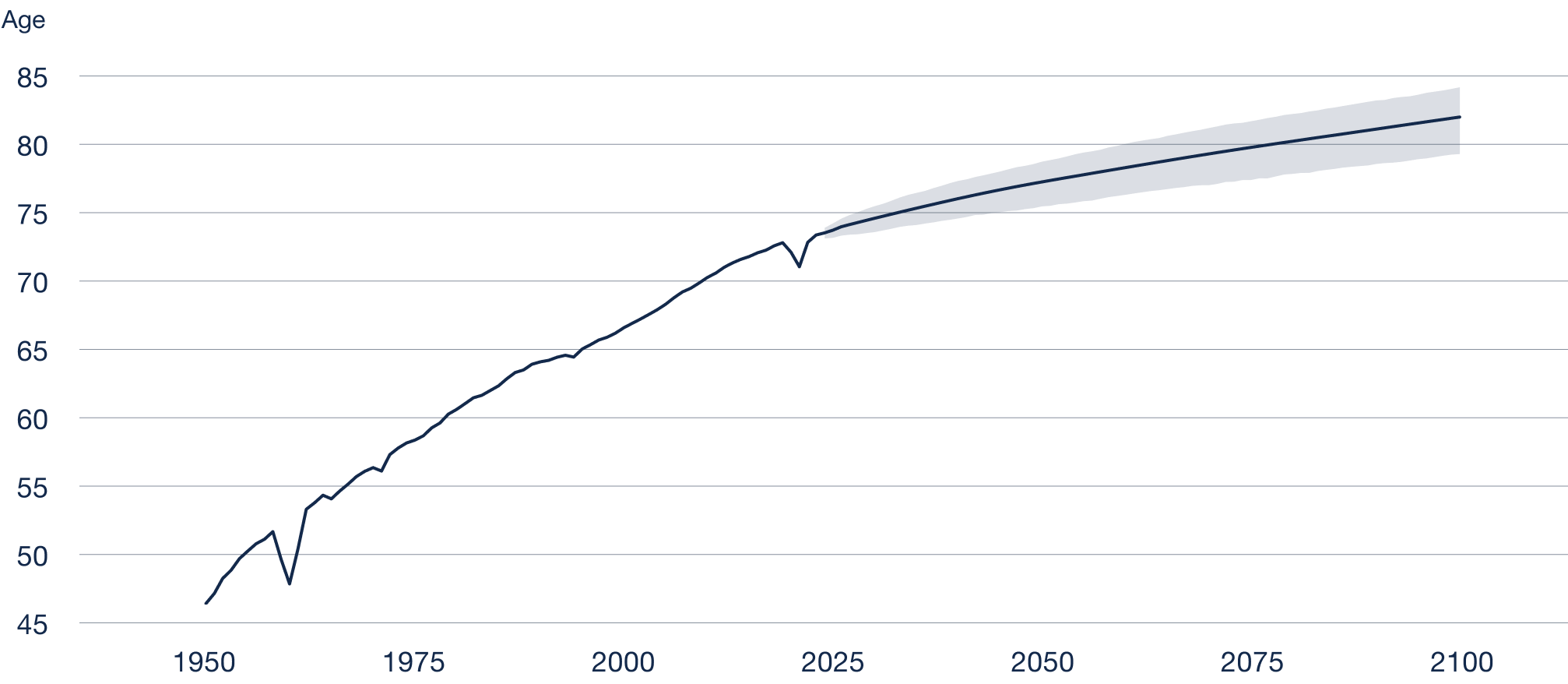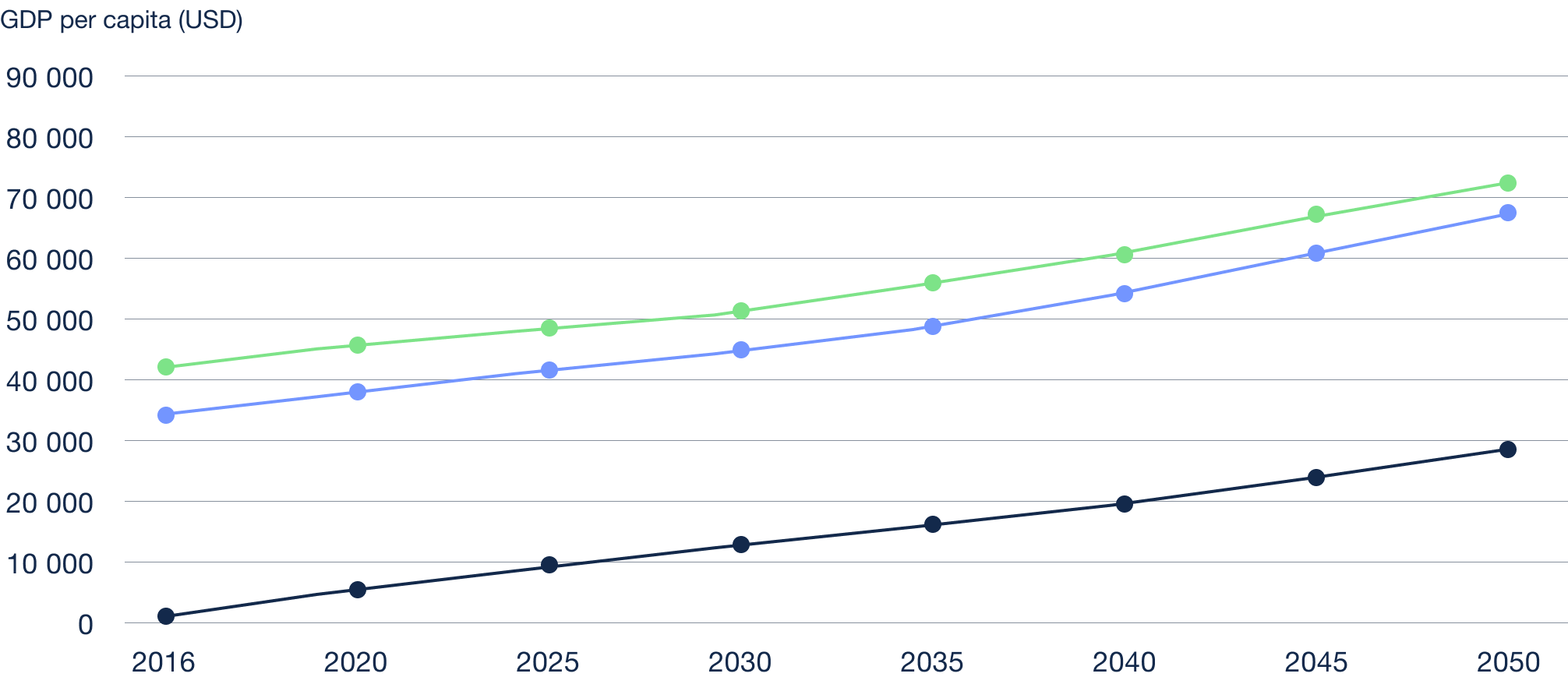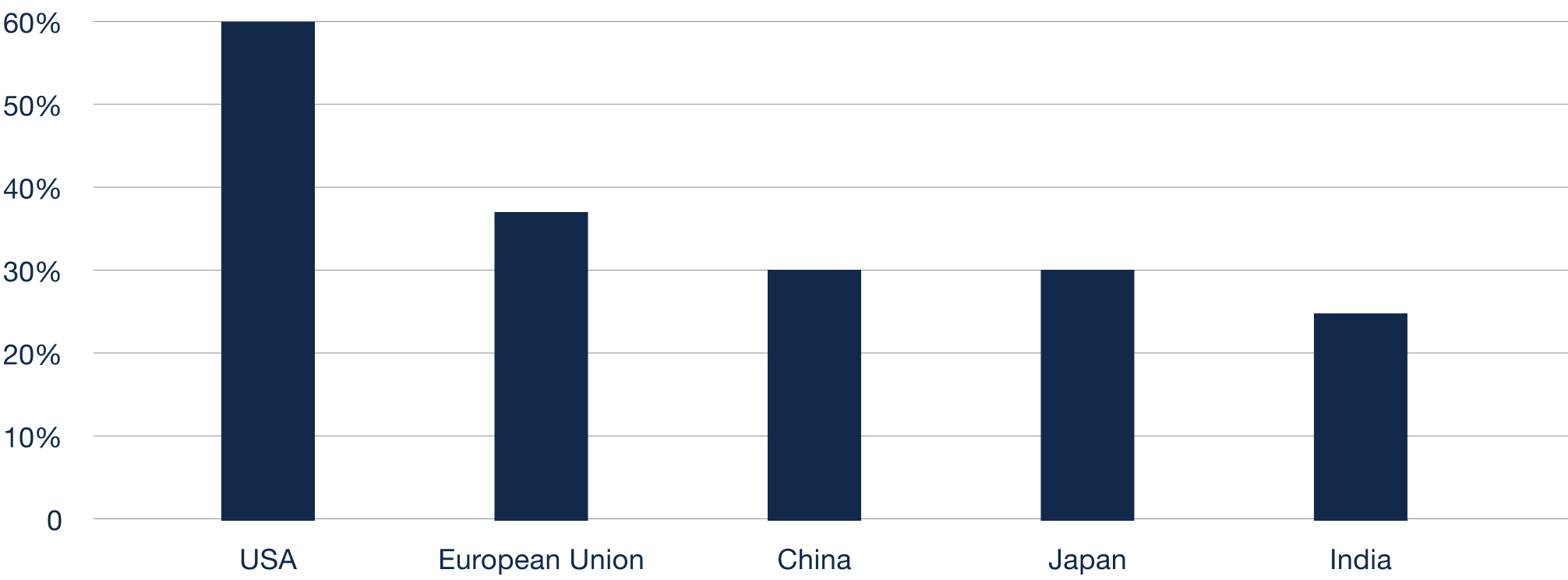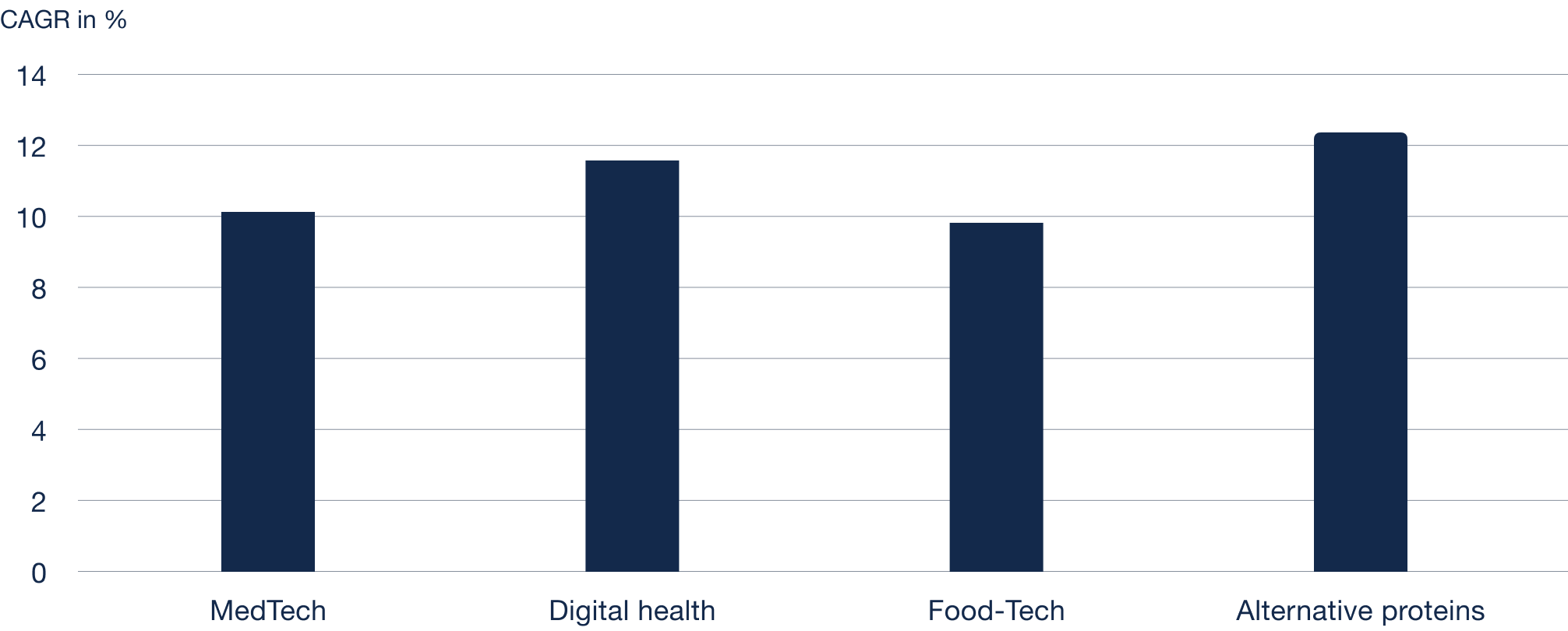Health – Investments for a Better Life
More people are living longer and enjoying greater wealth. This rapid demographic shift is fueling explosive growth across food production, processing and distribution, as well as healthcare and disease prevention. Invest now in business models designed to improve quality of life.
Breakfast Event
Pure Food. Pure Water.
Picard Angst – Food Revolution and Bonafide cordially invite you to an exclusive breakfast event at the Hiltl Akademie Zürich. The focus lies on the growing importance of food and water security in general – and on the specific challenges posed by PFAS chemicals. What risks do they present for consumers and food producers, what technological responses are emerging, and what investment opportunities arise as a result?
Featuring a keynote by Prof. Dr. Martin Scheringer (ETH Zurich), followed by a panel discussion with Philipp Hämmerli (Bonafide) and Elad Ben-Am (Picard Angst).

Elad Ben-Am
Senior Portfolio Manager Food Revolution
Insights
Investment Opportunities in Food & MedTech
Health spending is outpacing GDP growth both privately and publicly. Demand for medical services, functional nutrition and life‑extension technologies is largely independent of economic cycles, making health a structural growth market backed by real‑economy fundamentals.

New Solutions for Aging Societies
Longer life expectancy is driving demand for more efficient, precise and less invasive medical technologies—especially in cardiology, ophthalmology and minimally invasive procedures.
Advances include robotic surgery, minimally invasive implants and sensor‑based real‑time diagnostics. AI enables more accurate diagnoses and personalized treatments.
Portfolio Examples

Minimally invasive, sensor‑guided pVAD heart‑support system

Dual‑accommodating intraocular lens for cataract surgery
In Brief
- Global MedTech market CAGR ≈ 5.5%
- Minimally invasive technologies CAGR > 7% through 2030

Innovation Across the Food Value Chain
Technological advances are fundamentally reshaping food production. The focus is on sustainable, healthy products driven by new consumption models, alternative proteins, efficient processing and biotechnology. Within food‑tech we identify four specific trends:
- New Forms of Consumption
- Alternative Proteins
- More Efficient Processing & Distribution
- Biotechnology in Nutrition

Personalization & Direct‑to‑Consumer
Consumers increasingly expect tailored nutrition. Start‑ups and established companies respond with personalized diet plans, direct‑to‑consumer (D2C) models and data‑driven platforms.
AI and big‑data analytics enable individualized nutrient profiles, while D2C offerings bypass traditional channels to reach consumers directly.
Portfolio Examples

High‑protein, functional nutrition

Functional, healthy snacks
In Brief
- D2C nutrition market CAGR > 12% through 2030
- Personalized nutrition services CAGR ≈ 9%

Sustainability through Innovation
Demand for sustainably produced protein is soaring. Plant‑based meat substitutes, algae, mycoprotein and cultivated meat are gaining traction.
Technologies such as cell cultivation and fermentation enable resource‑efficient protein production.
Portfolio Examples

Cellular agriculture and alternative proteins

Sustainable fish producer (salmon), alternative to classic animal proteins
In Brief
- Alternative‑protein market CAGR > 9% through 2030
- Plant‑based proteins could reach up to 11% market share by 2035 (BNEF)

Smart Food Processing
Food production and logistics are poised for major efficiency gains. Intelligent, automated processes and improved distribution networks cut costs and boost quality.
Smart packaging, automated warehousing and robotic production systems drive savings and quality enhancements.
Portfolio Examples

Global leader in food‑processing technology and automation

Machinery and automated systems for processing and packaging
In Brief
- Food‑automation market CAGR > 7%
- Smart logistics solutions can cut costs by up to 30%

Precision & Sustainability in Food Production
Biotech innovations are revolutionizing food. Fermentation, genetic engineering and molecular agriculture deliver resource‑efficient, sustainable nutrition.
Precision fermentation, for example, produces milk proteins without cows, while molecular farming sharply reduces resource use.
Portfolio Examples

Sustainable biotech ingredients such as human milk oligosaccharides (HMO)

Probiotics and specialty ingredients produced via biotechnology
In Brief
- Food‑biotech market CAGR > 10% through 2030
- Fermented proteins could capture up to 15% of the protein market by 2030 (McKinsey)
Investment solutions
Videos
Trust in us
